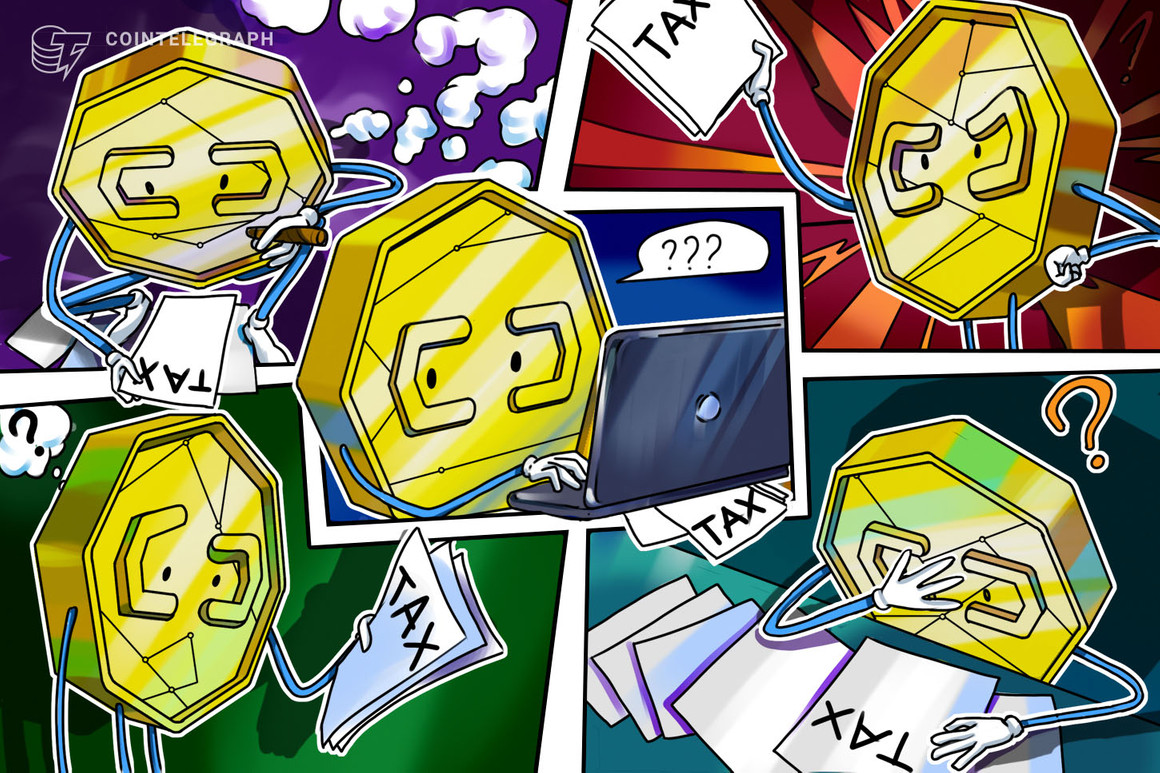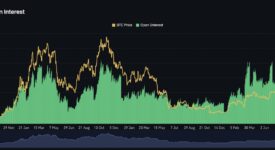
Seems like we now all have stories starting with, “What I did during the pandemic…” Most begin with cleaning out the closet and, hey, guess what? That’s where my story starts, but I bet you can’t guess where it ends!
Let’s start with what I found in that closet: family photos before the days of digital. I know — memories of boring trips with the kids and people who I either owe money to or who don’t talk to me anymore!
And all of these are nicely arranged in photo albums. You know, photo albums. Big, bulky books with strange plastic adhesive and picture protection sheets that, in reality, ruin every picture, as the pictures can never be easily removed without using a blowtorch.
So, even though I am a senior citizen, I came up with a techie solution. During the COVID-19 pandemic, I started taking smartphone pictures of the photos in the album, realizing that by converting these into digital bits, I would be preserving them for posterity… or at least giving myself an opportunity to put a compromising photo of someone on Facebook. (Now you know why some people don’t talk to me anymore!)
So proud I was of this great idea that I jokingly remarked to Warren, the IT guru at work, “If I embed these into a blockchain, they can be authenticated!” That’s when Warren said, “Yes, you will have created your own NFT, and maybe somebody will buy it, although I can’t imagine why!”
A what? An NFT?
Oh, a nonfungible token, or pieces of digital content linked to the blockchain, the digital database underpinning cryptocurrencies such as Bitcoin (BTC) and Ether (ETH). Because of the blockchain’s authentication capabilities, NFTs are unique and not mutually interchangeable, which means no two NFTs are the same. And since they cannot be replaced or exchanged like a U.S. dollar bill or cryptocurrency, they are by definition nonfungible.
Related: The chicken or the egg: Why NFTs could be fungible after all
Typically, NFTs are digital works of art that are easy to trade on the blockchain, where they are authenticated. Nonfungible tokens are the latest cryptocurrency phenomenon to go mainstream. In early March, Christie’s auction house sold an NFT artwork — a collage of images by digital artist Beeple — for a whopping $69.3 million. Now, NFTs have suddenly captured the world’s attention, including the United States Internal Revenue Service, which will, as usual, want its share in the form of income tax.
So, how are NFTs taxed?
Let’s follow a hypothetical example — very hypothetical, as you will see.
Let’s suppose that I have created an inventory of NFTs with my family photos and call them “Sammy” for a trade name. And let’s suppose that somehow, the public wants to own these for themselves. The bidding starts, and I am off to the races, selling to the highest bidder.
Let’s say that the cost of my creating one “Sammy” NFT is $250. If this “Sammy” sells for $5,000, I have a $4,750 profit. Other expenses I incur as the creator would be deductible from this to get a net income. For example, home office expenses, travel, advertising, fees to list it on an internet site, salaries to employees, commissions, etc.
Once I get the net income, it will be taxable at ordinary income tax rates. This rate depends on my particular tax bracket, with 37% currently being the highest, and additionally is subject to the dreaded self-employment tax, which is a flat 15.3% on the net. This is the tax law result for the creator of this NFT, provided the creator’s activity amounts to a trade or business.
“Trade or business” itself is not clearly defined by the Internal Revenue Code, but clearly running it like a business — trying to make money — should get us there. If not, it might be deemed a hobby, in which case those other expenses are not deductible, with only the actual cost of creating the object sold being allowed — $250 for a “Sammy.” Not a great tax result, but at least the income from the hobby is not subject to the self-employment tax.
Related: What you should know before buying or selling an NFT in the US
The next step involves the buyer of my “Sammy.” In order to have bought the NFT, the buyer would have had to have used a cryptocurrency of some sort, since that is the only currently accepted currency for purchasing NFTs as of now. The use of that crypto is considered the sale of property and would be subjected to a capital gain or loss, depending on the purchase cost of the crypto used to make the purchase.
For example, if the crypto had been bought for $2,000 and is now used to buy the “Sammy” for $5,000, then there is a capital gain to the buyer in the amount of $3,000 when using the crypto as the medium of exchange. The tax rate will be the favorable capital gain rate if the crypto was held for more than 12 months before being used, tax rates being on a sliding scale based on income with a maximum tax rate of 20%. Otherwise, it will be considered a short-term capital gain subject to those ordinary income tax rates, again depending on the bracket of the buyer.
Last tax step, I promise! The buyer of the “Sammy” eventually sells it for $10,000. That will yield a gain of $5,000 — $10,000 sales price less the original cost of $5,000.
Now, the buyer is going to be either considered a collector of NFTs or in the business of buying and selling NFTs. This issue is similar to our trade or business decision for the creator that we discussed above.
If the buyer is in the business of buying and selling NFTs, then they may have expenses associated with the activity, such as home office expenses, travel, advertising, fees to list the product on an internet site, salaries to employees, commissions, etc. The resulting computed net income will have the same tax results as the creator who was operating as a trade or business: ordinary income tax and self-employment income tax on the net.
If the buyer is only a collector, meaning that they are not operating on a business-like basis, merely making occasional trades when the mood strikes, then the NFT is considered property and will be taxed like our cryptocurrency trade — through capital gains rates.
For capital gains taxes incurred by higher-income earners, over $200,000 — or $250,000 if married and filing jointly — the net investment income tax can kick in, with “kick” being a good verb here, since it adds an additional 3.8% tax. The tax applies to both short- and long-term gains. Now we know why the acronym for net investment income tax is NIIT!
Wait, there’s potentially more… as in, more tax. If that collector of NFTs is acquiring NFTs that are digital representations of tangible assets that attach to the NFT, then the capital gain tax rate could escalate to a top rate of 28% instead of 20%, provided that the individual tax rate goes above 20%.
Consider the IRS crackdown last year in which it sent letters to 10,000 crypto investors. According to the IRS, these were “educational” letters about the need to report taxable crypto transactions on a tax return. You can be sure, therefore, that the Beeple transaction has put NFTs on the IRS’s radar.
This article is for general information purposes and is not intended to be and should not be taken as legal advice.
The views, thoughts and opinions expressed here are the author’s alone and do not necessarily reflect or represent the views and opinions of Cointelegraph.
Sam Handwerger is a full-time lecturer of accounting, tax and fraud topics at the Smith School of Business at the University of Maryland, College Park. He is a practicing CPA with the Maryland-based CPA firm Handwerger, Cardegna, Funkhouser & Lurman, where he specializes in various areas of taxation. Previously, Sam was a senior tax researcher with Ernst & Young in New York City and later led the tax planning and preparation departments of Handwerger, Cardegna, Funkhouser & Lurman. Before joining the Smith School on a full-time basis, Handwerger held adjunct positions at the Johns Hopkins University School of Business and the University of Baltimore Law School.
The opinions expressed are the author’s alone and do not necessarily reflect the views of the university or its affiliates.



